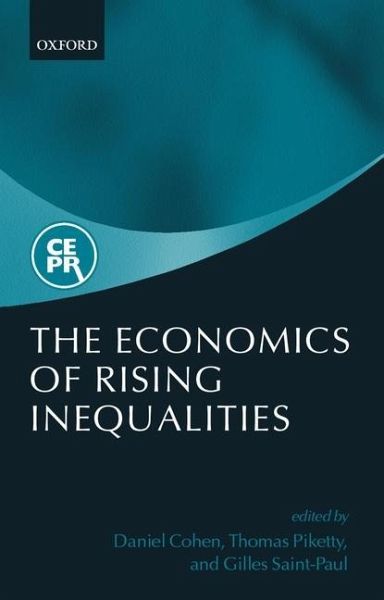
The Economies of Rising Inequalities
Versandkostenfrei!
Versandfertig in 1-2 Wochen
182,99 €
inkl. MwSt.

PAYBACK Punkte
91 °P sammeln!
The chapters in this volume show the strength of both views. Through empirical evidence and new theoretical insights the contributors argue that institutions always play a crucial role in shaping inequalities, and sometimes preventing them, but that inequalities across age, sex, and skills often recur. From Sweden to Spain and Portugal, from Italy to Japan and the USA, the volume explores the diversity of the interplay between market forces and institutions.
The Economics of Rising Inequalities brings together work by leading economists on the rise of inequality in the United States and some European countries that has been observed in the last two decades. These contributions are both theoretical and empirical, and address topics such as the role of organizational change at the firm level, the political economy of inequality and redistributive institutions, the contribution of search and matching and segregation by skills, and new empirical evidence on the underlying anatomy of inequality.












